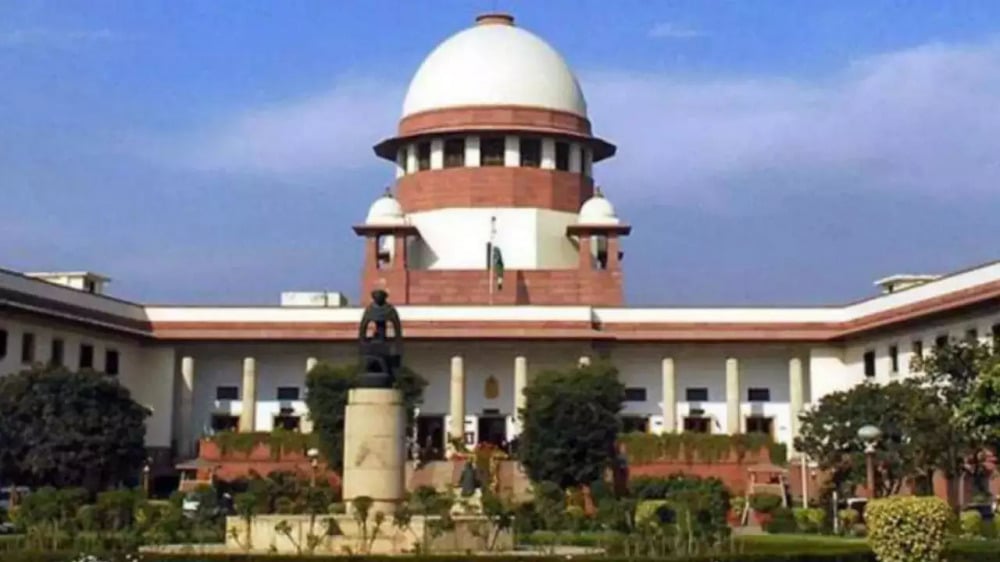
Amid the ongoing farmers' protest at Shambhu border, a hearing was held in the Supreme Court today. The Supreme Court has formed a committee. Along with this, the Supreme Court has said that politics should not be done on the issue of farmers.
Farmers' protest continues at Shambhu border. Meanwhile, the Supreme Court has constituted a committee to open the Shambhu border. Along with this, the Supreme Court said that the issue of farmers should not be politicized. The Supreme Court has also directed the committee to convene its first meeting within a week. Let us tell you that the petition challenging the order of the Punjab and Haryana High Court was heard in the Supreme Court today. Let us tell you that the farmers' protest has been going on since February.
First meeting in a week
In fact, the Supreme Court on Monday constituted a committee headed by former Punjab and Haryana High Court judge Justice Nawab Singh to find an amicable solution to the grievances of farmers protesting at the Shambhu border. A bench of Justice Suryakant and Justice Ujjwal Bhuiyan directed the committee to convene its first meeting within a week. The Supreme Court said that the issues of farmers should not be politicized and the committee should consider it in a phased manner. The Supreme Court said that farmers will be free to take their peaceful movement to alternative places.
Hearing on the petition against the order of the High Court
Let us tell you that the petition of the Haryana government challenging the order of the Punjab and Haryana High Court was heard in the Supreme Court. In the order, the High Court asked the government to remove the barricades erected at the Shambhu border near Ambala within a week, where protesting farmers have been camping since February 13. The Haryana government had blocked the Ambala-New Delhi National Highway in February after farmers marched to Delhi in support of their demands including a legal guarantee of minimum support price (MSP), 'Samyukta Kisan Morcha' (non-political) and 'Kisan Mazdoor Morcha' (farmers' workers' front) for their produce.
 look news india
look news india